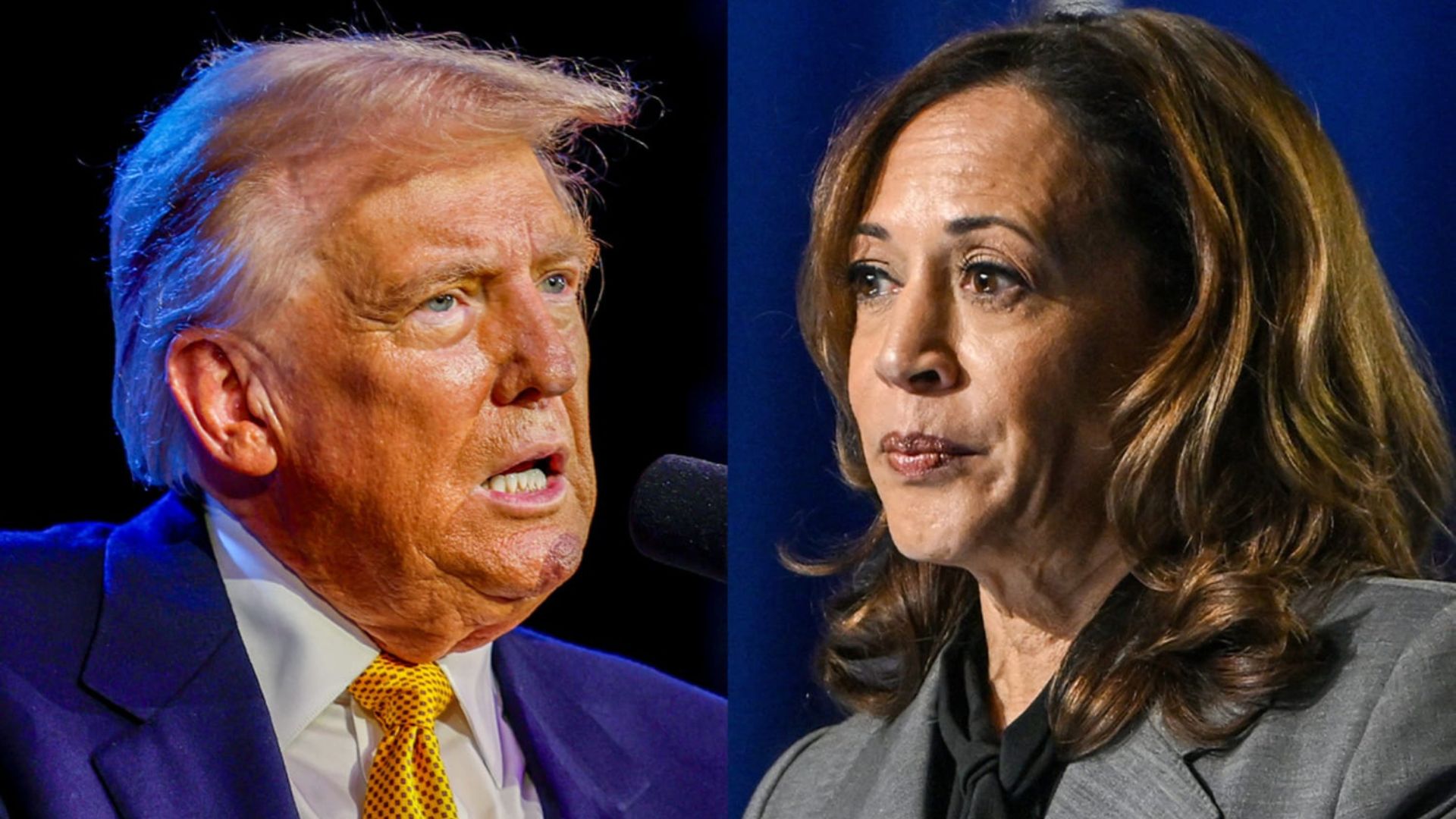
Meta, the parent company of Facebook and Instagram, announced on November 4, 2024, that it will permit its artificial intelligence (AI) models to be utilized for military purposes. This decision allows government agencies and contractors involved in national security to access the latest Llama 3 model. The company emphasized its commitment to supporting the safety and security of the United States by collaborating with organizations such as Lockheed Martin, IBM, Amazon, Microsoft, and Oracle to make Llama available to the government.
In a statement, Meta expressed, “As an American company, and one that owes its success in no small part to the entrepreneurial spirit and democratic values the United States upholds, Meta wants to play its part to support the safety, security and economic prosperity of America—and of its closest allies too.”
Through this collaboration, the U.S. military aims to leverage AI to streamline logistics, track terrorist financing, and enhance cyber defense capabilities. While Meta’s “acceptable use policy” traditionally prohibits the use of its AI models for military, nuclear industries, or espionage, Nick Clegg, Meta’s president of global affairs, stated that the company now supports “responsible and ethical uses” of the technology that align with U.S. democratic values.
This move aligns with trends in the tech industry, where companies like OpenAI are also engaging with the U.S. government. Reports indicate that OpenAI’s national security advisor, Katrina Mulligan, recently attended a Taylor Swift concert in New Orleans with Secretary of the Army Christine Wormuth, suggesting close ties between OpenAI and the Pentagon. Additionally, a procurement document from the U.S. Africa Command (AFRICOM) described access to OpenAI’s technology as “essential” for its mission.
However, concerns have arisen regarding the use of AI models by military entities. A recent Reuters report revealed that Chinese military researchers utilized Meta’s Llama 2 AI model to develop a defense chatbot named ChatBIT. These researchers, affiliated with the People’s Liberation Army’s R&D group, repurposed Meta’s technology for military applications.
In response, Meta stated that the use of the “single, and outdated” Llama model was unauthorized and contrary to its acceptable use policy.
Also read: Winter Session to Tackle These Bills, Celebrate Constitution Day
As AI technology continues to advance, its integration into national security frameworks raises important discussions about ethical use and international implications.















